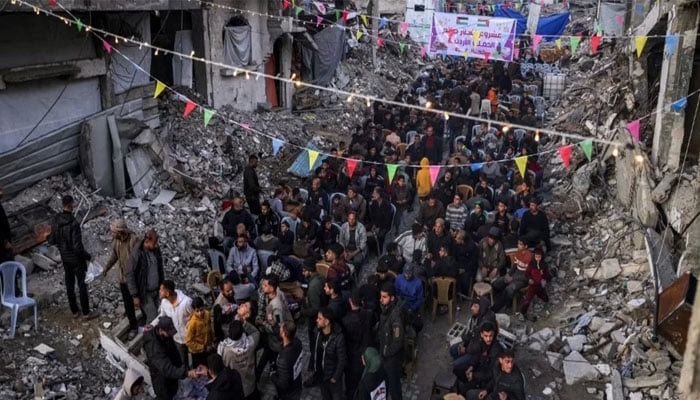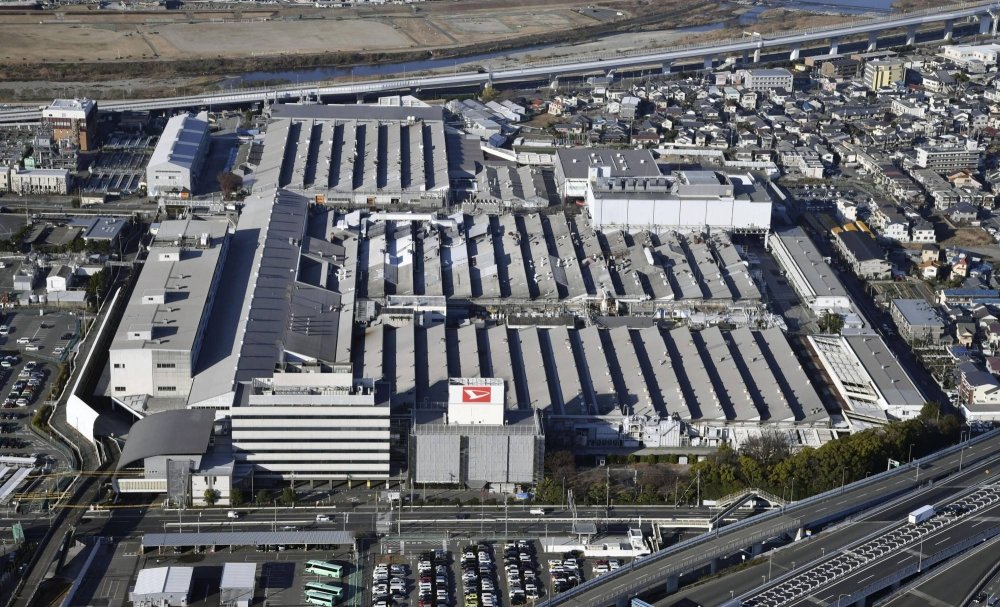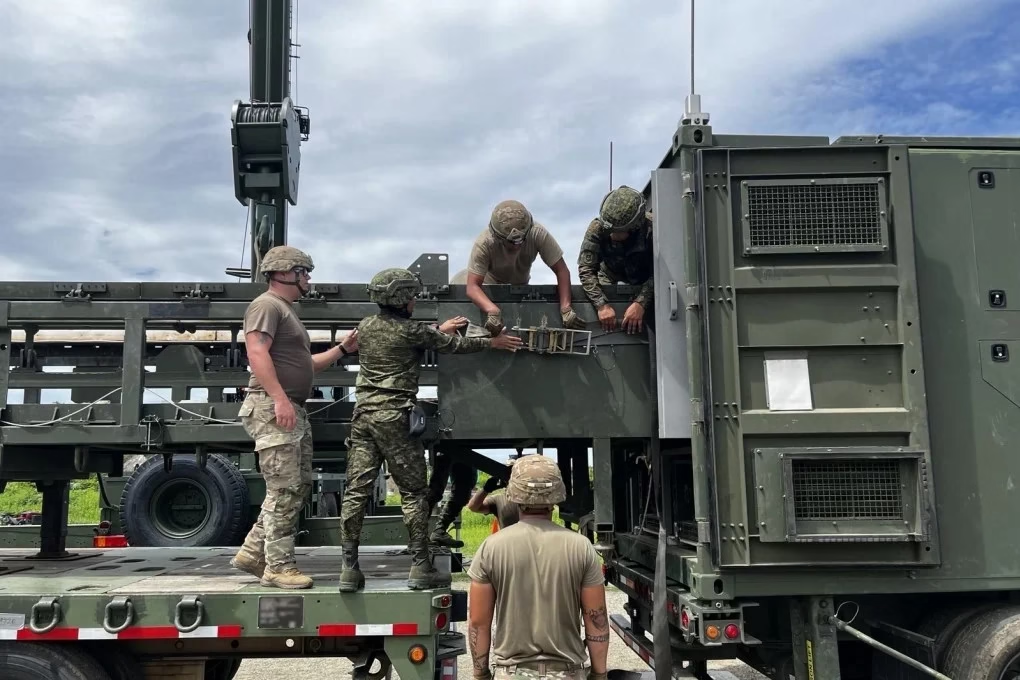Israel has escalated its restrictions on Gaza by cutting off electricity to the besieged region, further worsening the humanitarian crisis. The decision comes just a week after Israel halted aid shipments to Gaza, adding to the mounting challenges faced by the Palestinian population.
Israel’s Justification for the Power Cut
According to a foreign news agency, Israeli Energy Minister Eli Cohen confirmed the decision to sever Gaza’s electricity supply. The move is seen as an attempt to exert additional pressure on Hamas amid ongoing negotiations regarding the release of Israeli hostages held in Gaza.
Israeli officials argue that such measures are necessary to force Hamas into complying with terms that would secure the safe return of hostages and establish a more favorable ceasefire agreement. However, this decision has drawn widespread international criticism due to the devastating humanitarian consequences it could have on Gaza’s already struggling population.
Hamas Calls the Move ‘Blackmail’
Reacting to the power cut, Hamas has strongly condemned Israel’s actions, labeling them as “blackmail.” A Hamas spokesperson stated that cutting off electricity to the entire Gaza Strip is an unacceptable form of collective punishment, violating international human rights standards.
Hamas officials claim that Israel is using these tactics to pressure the group into making concessions during ceasefire negotiations. They insist that the decision will not change their stance on the ongoing conflict and will only add to the suffering of innocent civilians who rely on electricity for medical needs, communication, and daily survival.
Humanitarian Crisis Worsens in Gaza
With the electricity supply now cut off, Gaza faces an even more dire situation. Hospitals, already overwhelmed due to ongoing Israeli airstrikes and blockades, are now struggling to operate without power. Medical facilities depend heavily on electricity to run life-saving equipment, including ventilators, incubators for newborns, and emergency surgical tools.
Beyond healthcare, Gaza’s entire infrastructure is at risk. Water pumps, sewage systems, and essential communication networks all rely on electricity, meaning that a prolonged power cut could lead to widespread water shortages, poor sanitation, and increased disease outbreaks. The United Nations and various humanitarian organizations have raised alarms over the impact of this crisis on nearly 2.3 million residents of Gaza, urging immediate intervention to restore power and provide relief.
Ceasefire Talks in Doha
Meanwhile, as tensions rise, an Israeli delegation is set to travel to Doha, Qatar, to engage in further ceasefire negotiations. The talks aim to establish a framework for a second phase of the ceasefire agreement in Gaza, with the release of hostages being a key priority.
US Ambassador Adam Boehler commented on the situation, stating that the US acknowledges Israel’s security concerns but also believes that any agreement should ensure the safety of both Israelis and Palestinians. The Biden administration has been actively involved in diplomatic efforts, pushing for a long-term ceasefire to prevent further escalation of violence.
International Reaction and Calls for Action
Several international bodies and world leaders have condemned Israel’s decision to cut off electricity in Gaza. The European Union has called for an immediate reversal of the decision, stressing that collective punishment of civilians is a violation of international law.
The United Nations has also urged Israel to restore power to Gaza, emphasizing that basic human needs should not be used as bargaining tools in political and military conflicts. Humanitarian organizations, including the Red Cross and Médecins Sans Frontières, have warned that continued electricity shortages could lead to mass casualties due to medical supply failures.
In contrast, Israel’s allies, including some US lawmakers, have expressed support for Israel’s right to take security measures against Hamas but have urged for a more strategic approach that does not directly harm civilians. The debate over Israel’s military and political strategies continues to polarize opinions worldwide.
What’s Next for Gaza?
The coming days will be crucial in determining whether ceasefire talks in Doha lead to any significant progress. If an agreement is reached, there may be hope for restoring power and improving conditions in Gaza. However, if negotiations fail, the humanitarian crisis could deepen, with further escalations in violence expected.
For now, the people of Gaza continue to bear the brunt of political conflicts, facing increasing hardships due to power cuts, food shortages, and restricted medical aid. The international community will closely watch how these events unfold, as efforts to secure a lasting peace remain uncertain.
Israel’s decision to cut off electricity to Gaza marks another critical juncture in the ongoing conflict, with severe humanitarian implications. As ceasefire negotiations continue, world leaders must prioritize the protection of civilians and seek sustainable solutions that prevent further suffering in the region.
The situation remains highly volatile, and the outcome of upcoming talks will likely shape the next phase of Israeli-Palestinian relations. Until then, millions in Gaza continue to struggle for survival, caught in the crossfire of a prolonged and devastating conflict.



